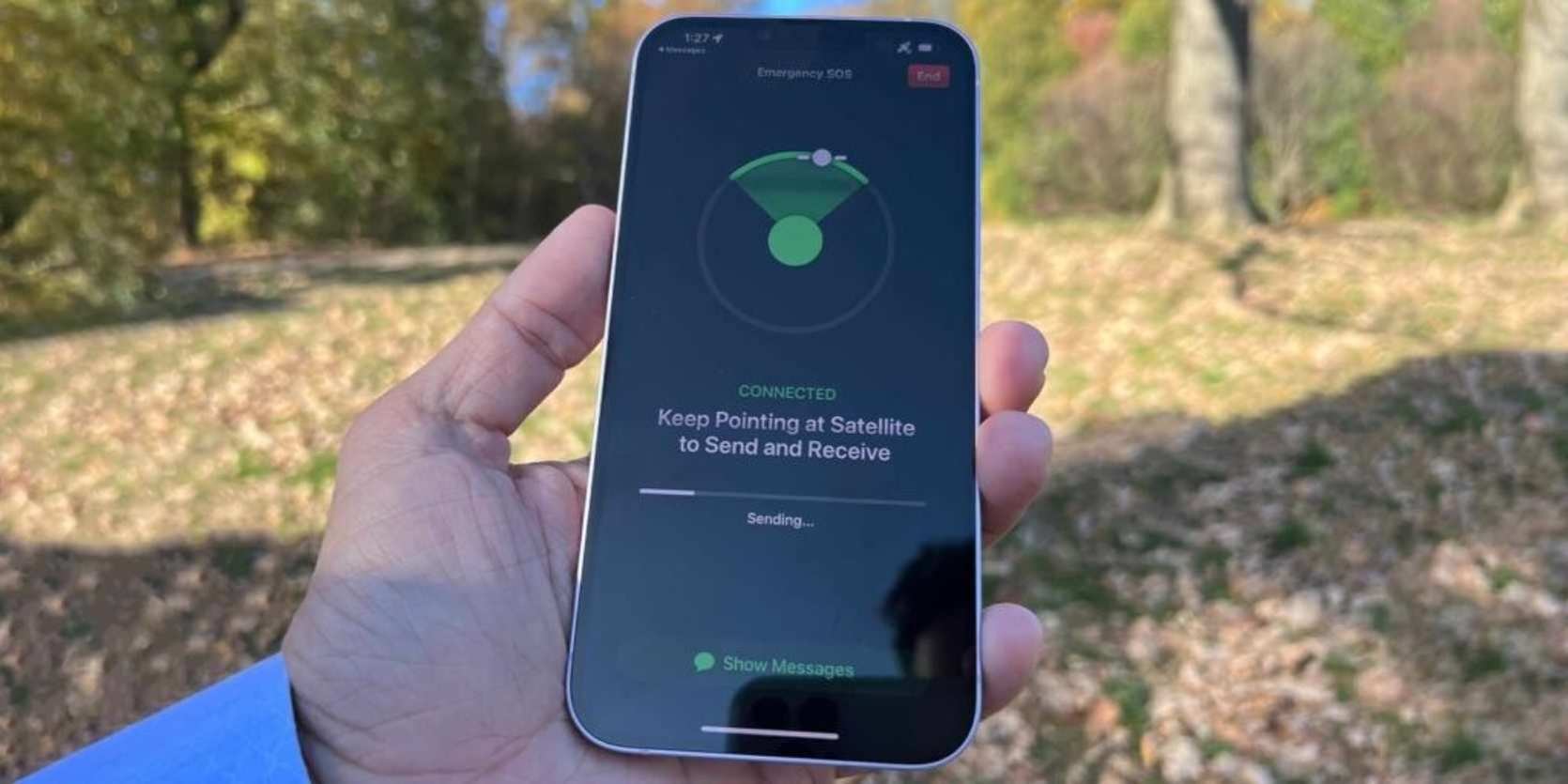Global Rescue, the leading travel risk and crisis response provider, surveyed more than 1,100 current and former members between October 1-20, 2024. The respondents revealed a variety of behaviors, attitudes and preferences regarding current and future travel.
Nearly a third of the world’s most seasoned travelers (31%) are making plans to get their hands on satellite-enabled smartphones, according to the Fall 2024 Global Rescue Traveler Sentiment and Safety Survey.
Even more striking, 10% of these well-traveled explorers have already embraced this cutting-edge technology. The driving force? A deep-seated need for security in the face of unpredictable emergencies.
For these adventurers, the ability to stay connected, even in the most remote corners of the globe, isn’t just a convenience—it’s a lifeline.
As travel risks rise, satellite-enabled smartphones are quickly becoming an essential tool for those who refuse to let anything stand in the way of their journeys.
“Having a reliable way to communicate during emergencies, even when you’re in the most remote corners of the world, offers peace of mind,” said Harding Bush, former Navy SEAL and associate director of security operations at Global Rescue.
“Being able to alert first responders or send out SOS signals could make all the difference during a crisis, whether travelers are experiencing a medical emergency or a natural disaster.” he said
Eight out of 10 travelers (82%) revealed they would feel safer with a satellite-enabled smartphone. Nearly half (49%) cited the ability to call for help when out of cellular range as the primary reason for wanting one.
More than a third of respondents (37%) said having satellite communications capabilities would ease the anxiety of family and friends.
As travel becomes increasingly adventurous and remote destinations more accessible, satellite-enabled smartphones are rapidly gaining popularity. However, satellite communications connectivity is not guaranteed, especially if a clear view of the sky is obstructed.
“Mountains, forests and urban with tall buildings have topography that can interfere with satellite signals,” Bush said.
Satellite-enabled devices are not all the same. “Satellite-enabled smartphones, like the iPhone, generally have less power and bandwidth compared to dedicated satellite communication devices like Zoleo or inReach,” added Bush.
“While the technology is improving, travelers should be aware of these limitations to maximize their effectiveness.” he said/
As more companies race to develop direct-to-cell satellite services, travelers can expect even better connectivity, allowing them to explore the world without losing the ability to stay in touch.
“Satellite communication technology is transforming how people travel. Whether you’re hiking in remote areas or sailing in the middle of the ocean, having the ability to reach first responders gives travelers the freedom to explore with confidence,”said Bush
Founded in 2004, Global Rescue has exclusive relationships with the Johns Hopkins Emergency Medicine Division of Special Operations and Elite Medical Group.







